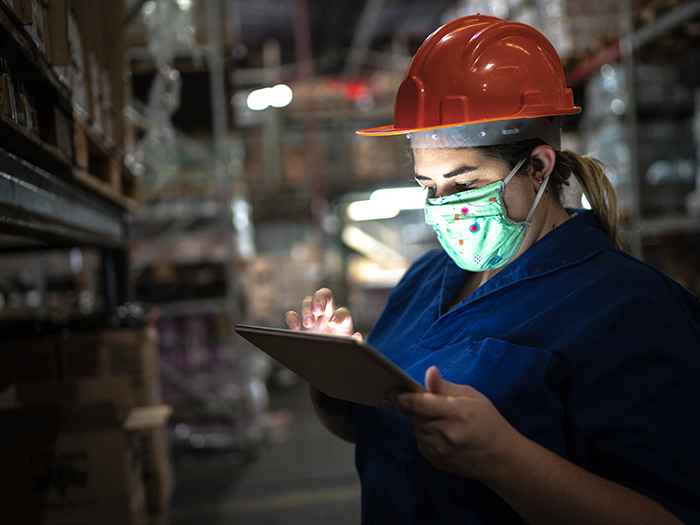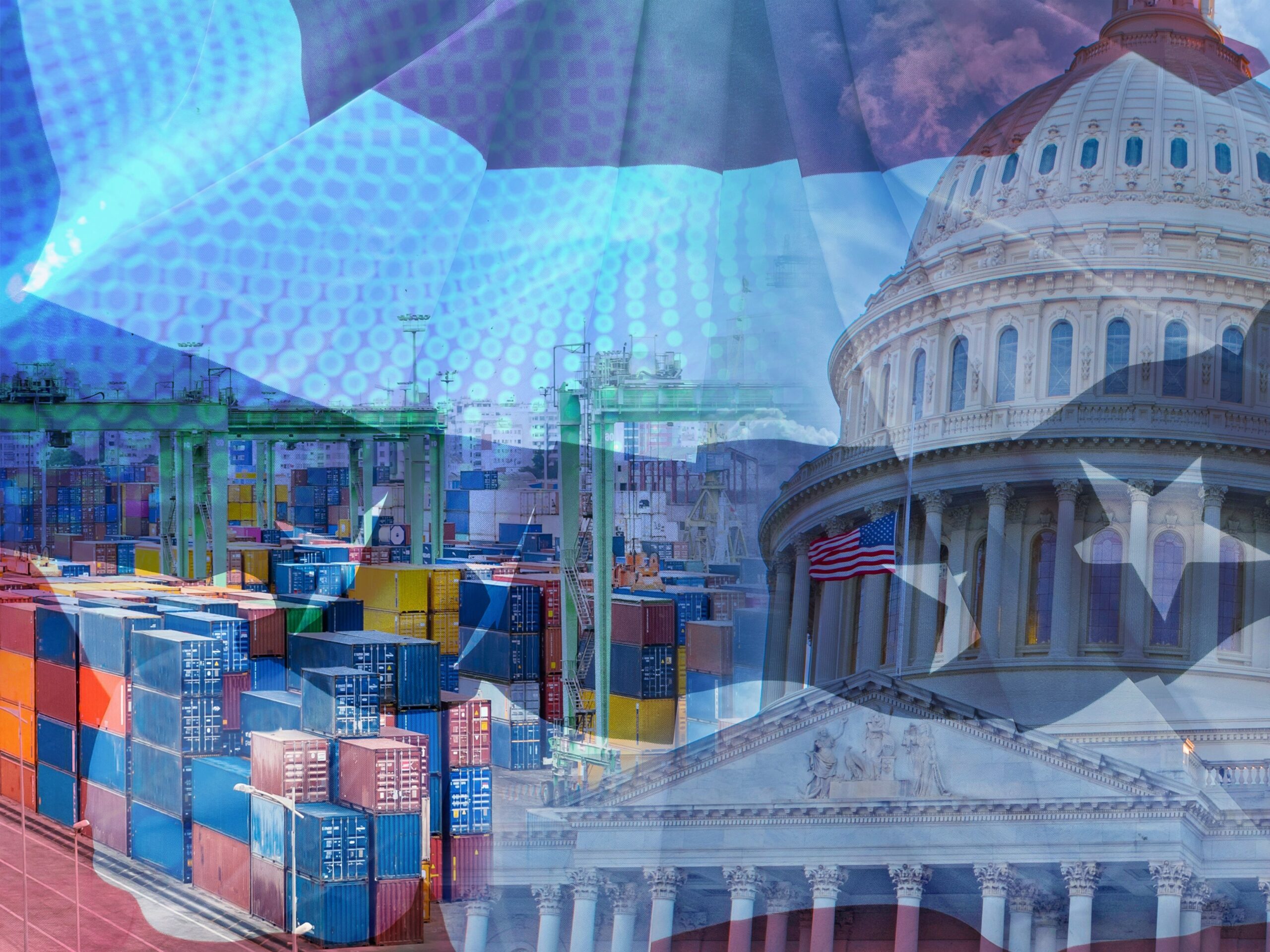New Interpretation of OSHA Rule Could Prevent COVID Outbreaks from Being Reported

Generally, there’s a risk for contracting COVID-19 every time you interact with people. For those who do not have the luxury of working from home, the risk becomes even greater.
Workplaces from food processing facilities to Amazon warehouses have faced outbreaks, with little action from workplace safety organizations like OSHA.
Now, worker safety advocates worry that a new Trump Administration interpretation of Obama-era regulations might prevent the reporting of COVID-19 hospitalizations.
A recent article from Huffpost reports that under current Trump administration interpretations of OSHA regulations, employers would not be required to report most, if not all, COVID-19 hospitalizations among their workforce.
The administration points to a line in the regulation that reads, “You must only report the event to OSHA if it occurs within twenty-four hours of the work-related incident,” to argue that employers must only report COVID-19 hospitalizations if a worker was knowingly exposed on the job.
Since it is nearly impossible to prove where and when someone contracted the coronavirus, this rule could prevent OSHA and other public health authorities from identifying businesses that are the site of massive outbreaks, which could delay shutdowns and citations, thus contributing to the spread of the virus.
Previous guidelines required employers to report any incident where a worker is hospitalized, suffers an amputation or loses an eye to OSHA within 24 hours. In the event of a workplace death, OSHA must be notified in 8 hours.
OSHA and the Pandemic at a Glance
- This new regulation is a reversal of guidance the agency issued in July, when it required employers to report COVID-19 hospitalizations regardless of where the exposure may have happened.
- This year, OSHA received 9,400 workers complaints relating to COVID-19. Through these complaints, only 211 inspections were conducted.
- OSHA fined the Smith Smithfield meatpacking plant in Sioux Falls, South Dakota only $13,494 after 1,000 workers were infected and four died.
A Deeper Look
Reporting work-related COVID incidents is critical data, especially for the federal government to be able to determine where outbreaks may be occurring. The less data OSHA has the more dangerous the virus becomes as a workplace safety hazard.
“This is going to lead to the further spread of COVID-19 at work and out into the public,” Debbie Berkowitz, a former OSHA official now with the nonprofit National Employment Law Project, told the HuffPost.
“It means the agency will never find out where there are serious outbreaks, and will never be able to hold employers accountable.”
These new rules will also make it that much harder for federal government to evaluate who needs resources, which are already limited, to combat COVID-19.
Hospitalization reports are another critical piece of information for OSHA to acquire, as it again allows the administration to know which employers are doing an inadequate job of maintaining the health and safety of their workers.
OSHA’s inspections in response to worker complaints has also been limited throughout the pandemic. Many complaints have simply resulted in closures after phone calls to company management.
In an already dangerous scenario of being surrounded by several other people for hours at a time, employees need to be able to trust that their employers are working to provide the safest conditions.
Unfortunately, the failure of employers to protect their employees will not only have dire implications on people in the workplace, but the entire public.
Learn More
While workplace safety regulations have evolved throughout the years, OSHA has failed to substantially protect workers from COVID-19.
These new regulations are not the only reports documenting OSHA’s inadequate response to work-related incidents involving the pandemic and some workers are even suing the workplace safety giant for their failure to take action.
There has been progress in ensuring workers’ compensation for employees who believe they were exposed to COVID-19 in their work environment through presumption laws, but there is still much to be done in terms of maintaining the wellbeing of workers across the country.
This virus will be with us for the foreseeable future and implementing safety protocols for the protection of workers is vital. &










